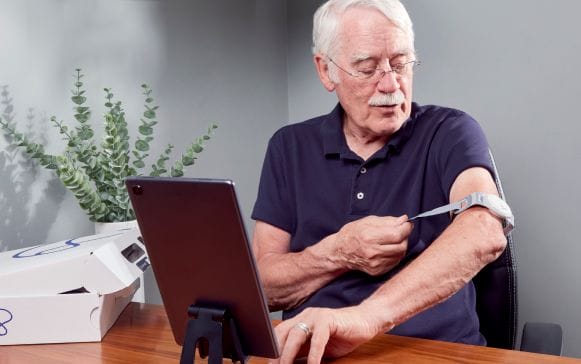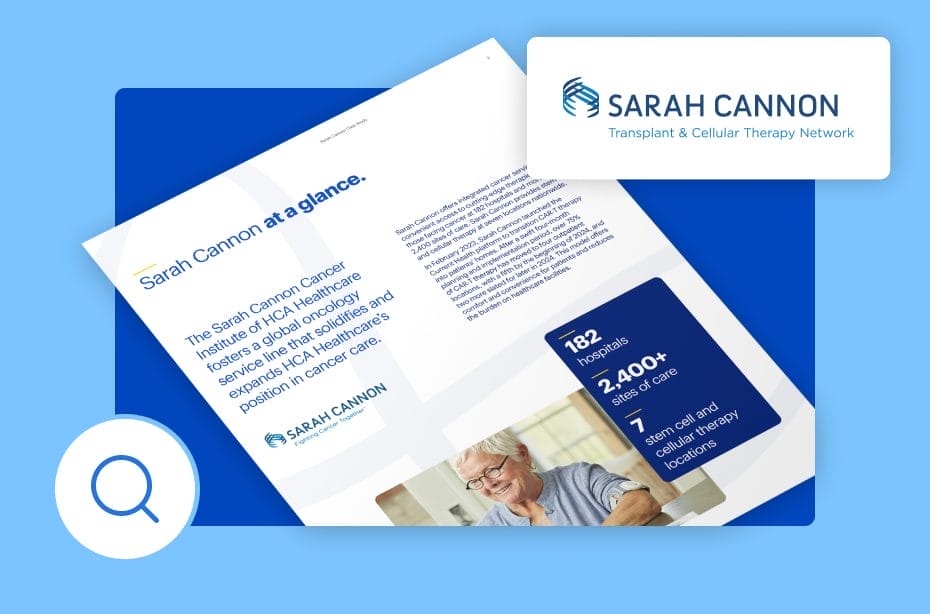Supporting Care Homes During a Pandemic
Imperial College Healthcare NHS Trust’s Frailty Team specializes in the clinical care of patients living within senior care facilities. During the height of the coronavirus pandemic, the team used Current Health’s platform to remotely monitor high-risk residents to ensure timely interventions could be delivered to avoid hospitalizations.
This case study focuses on the outcomes achieved in the first three months of this new care model. View the case study to:
- Learn the impact virtual care has had on ED visits and hospital admissions from senior living facilities across northwest London
- Understand how an online patient dashboard is used to prioritize care and ensure an integrated approach to care
- Discover how remote monitoring and video visits are helping clinical teams to advise care home staff on how best to support their residents
- View average patient adherence rates for wearing the Current Health monitoring device
September 11, 2020


